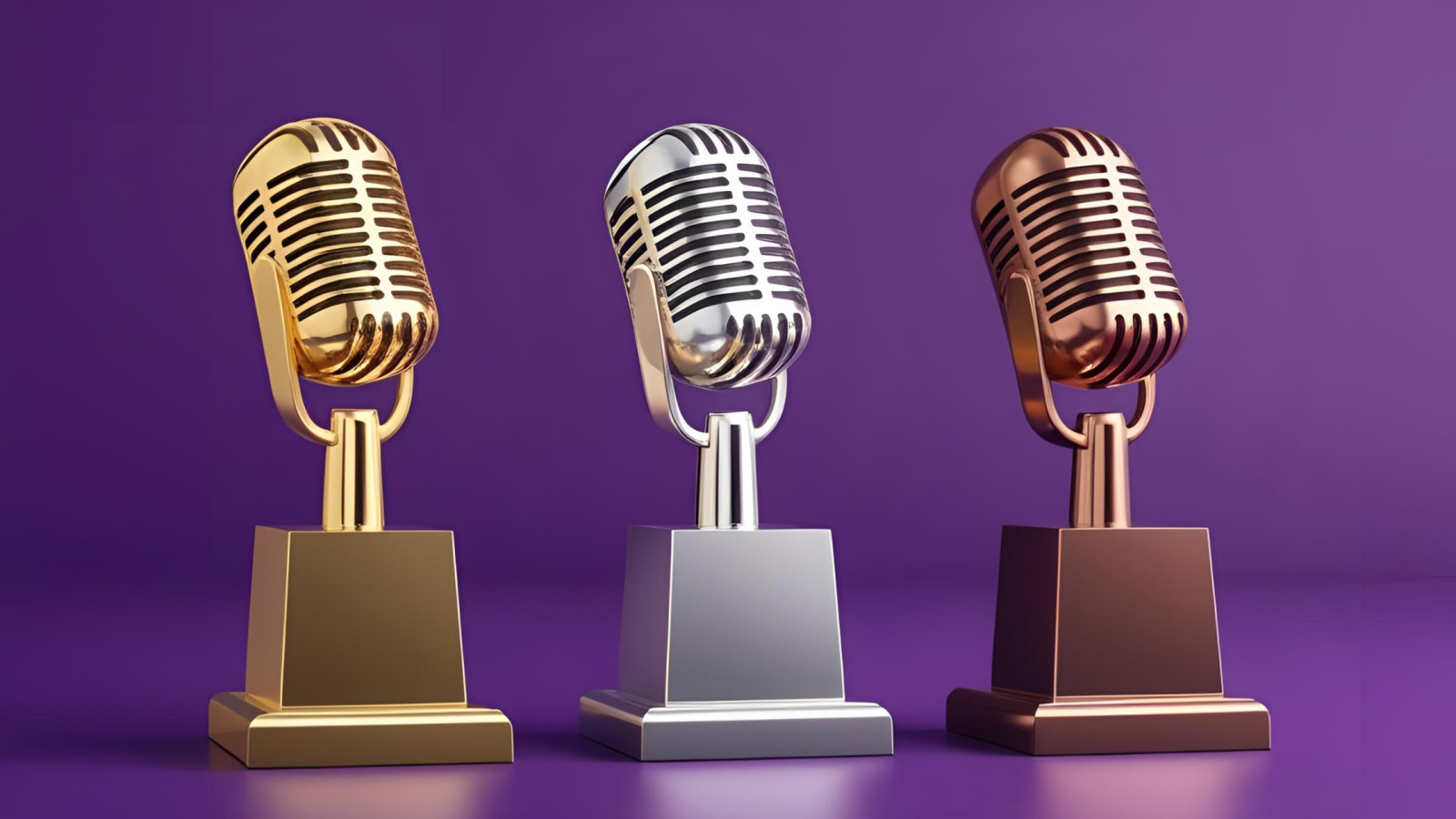The ARIA Awards 2025: Why can’t we all just get along?

Photo: Image generated with Canva Magic Media

As someone with both a professional and personal obsession with all things audio, since the ceremony on the 14th of May, my LinkedIn feed has been unsurprisingly saturated with content about the ARIAs. The Audio & Radio Industry Awards have traditionally represented the British radio's annual opportunity to get dressed up and celebrate the best of the radio industry.
Historically, this was all straightforward. The ARIAs used to be radio's night, dominated by the usual suspects: Global, Bauer, and the BBC. The categories celebrated live broadcasting, presenters, and production.
However, something interesting happened at this year’s ARIAs. Goalhanger Podcasts, the production powerhouse behind “The Rest is…” podcast series, won the UK Audio Brand of the Year award, beating out traditional radio offerings. Suddenly, the industry’s polite applause developed a slightly strained tone.
Are we looking at new and old audio frontiers?
The backlash following the evening wasn’t explosive, but on LinkedIn, at least, it felt palpable. Some radio veterans grumbled that the ARIAs were becoming ‘the fake radio awards’, with podcasters and celebrity-driven audio projects elbowing their way into a space meant for broadcast professionals. The underlying sentiment was: ‘Podcasts have their own awards – why are they muscling in on ours?’
It is a fair question, if somewhat territorial. After all, radio does not receive representation at the Podcast awards, so why should podcasts come into a purely radio space. Nevertheless, the frustration points to a deeper tension: radio no longer owns audio, and this is an uncomfortable fact for the medium.
Featured Report
Defining entertainment superfans Characteristics, categories, and commercial impact
Superfans represent a highly valuable yet consistently underleveraged audience segment for the entertainment industry. What drives this disconnect is the fact that – despite frequent anecdotal use of the term – a standardised, empirical definition remains absent, preventing companies from systematically identifying, nurturing, and monetising th...
Find out more…A new direction beneath the bickering
The real debate happening here is not just about awards eligibility, it is about the worry that radio is going to be replaced by podcasting.
For decades, radio was the dominant audio medium, live, linear, and communal. Yet the rise of podcasts, smart speakers, and on-demand listening has fragmented the landscape. Audio is no longer a one-horse race. By including podcasters, and their new categories ambiguously referring to ‘audio’, the ARIAs have highlighted this shift.
The purists’ resistance is not just about protecting turf, it is about preserving a cultural identity. Radio has always been more than a format; it is a live wire into the national conversation, a companion in a way that pre-recorded podcasts cannot replicate. To see that diluted, even symbolically, feels like a loss.
A better way forward: Unity over tribalism
Rather than retreating into defensive camps, the industry would benefit from a broader, more inclusive celebration of audio excellence – one where radio is no longer the underdog, and podcasting is not heralded as ‘the future’. In an ideal ecosystem, there is room for both.
The ARIAs’ minor controversy is a symptom of a bigger question: What does the audio industry want to be? Bickering serves nobody. Instead, the sector should focus on what is great about all of audio, brilliant storytelling, technical craft, and the power to connect with audiences in ways no dissimilar to every other medium.
The industry should not look at radio as the past and podcasting as the future. There is more power in what unifies rather than divides. The sooner the industry embraces that the sooner it can stop squabbling over awards and start making more meaningful audio.
So, like a true audiophile, I will spend the afternoon catching up on Desert Island Discs… via Spotify.

The discussion around this post has not yet got started, be the first to add an opinion.